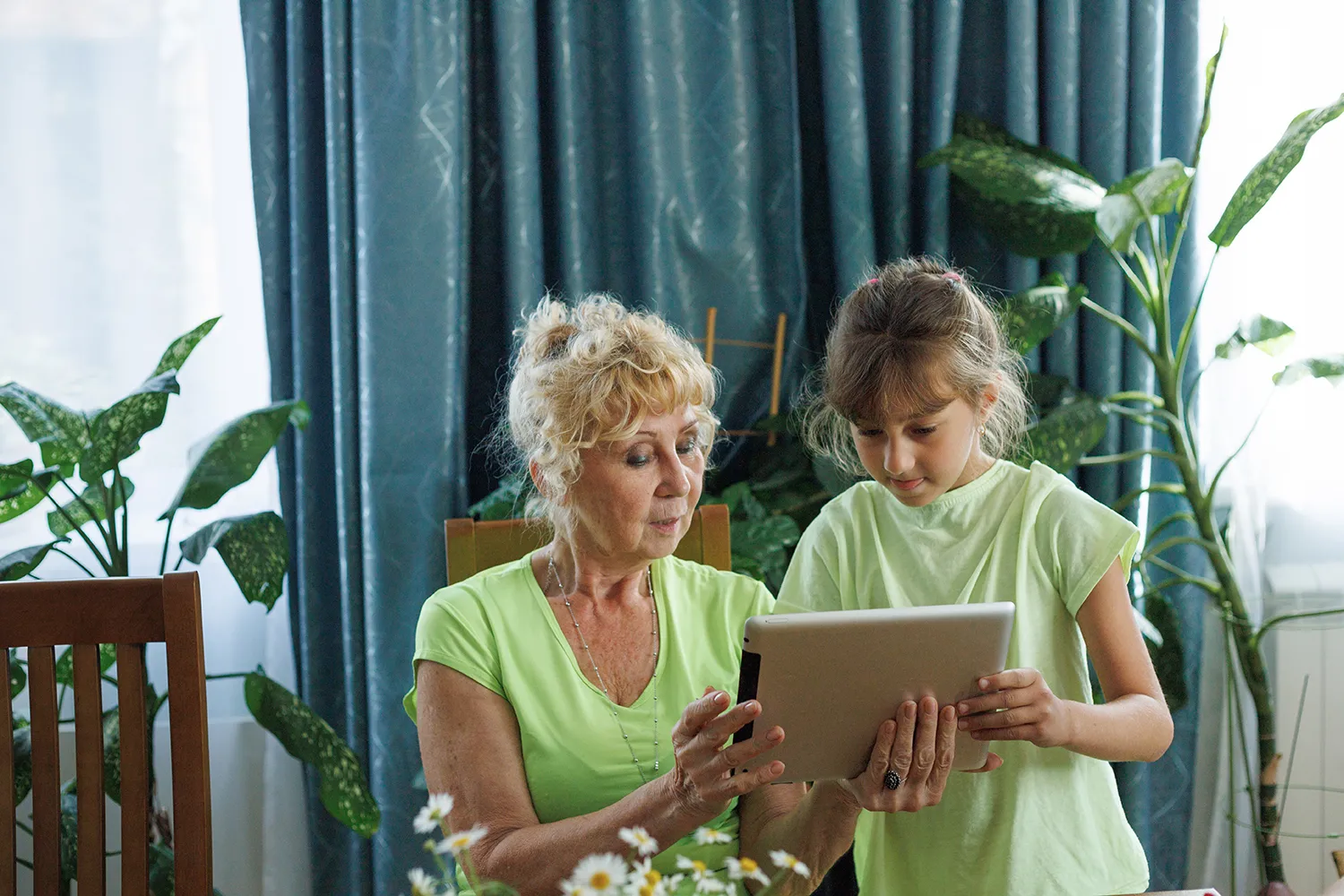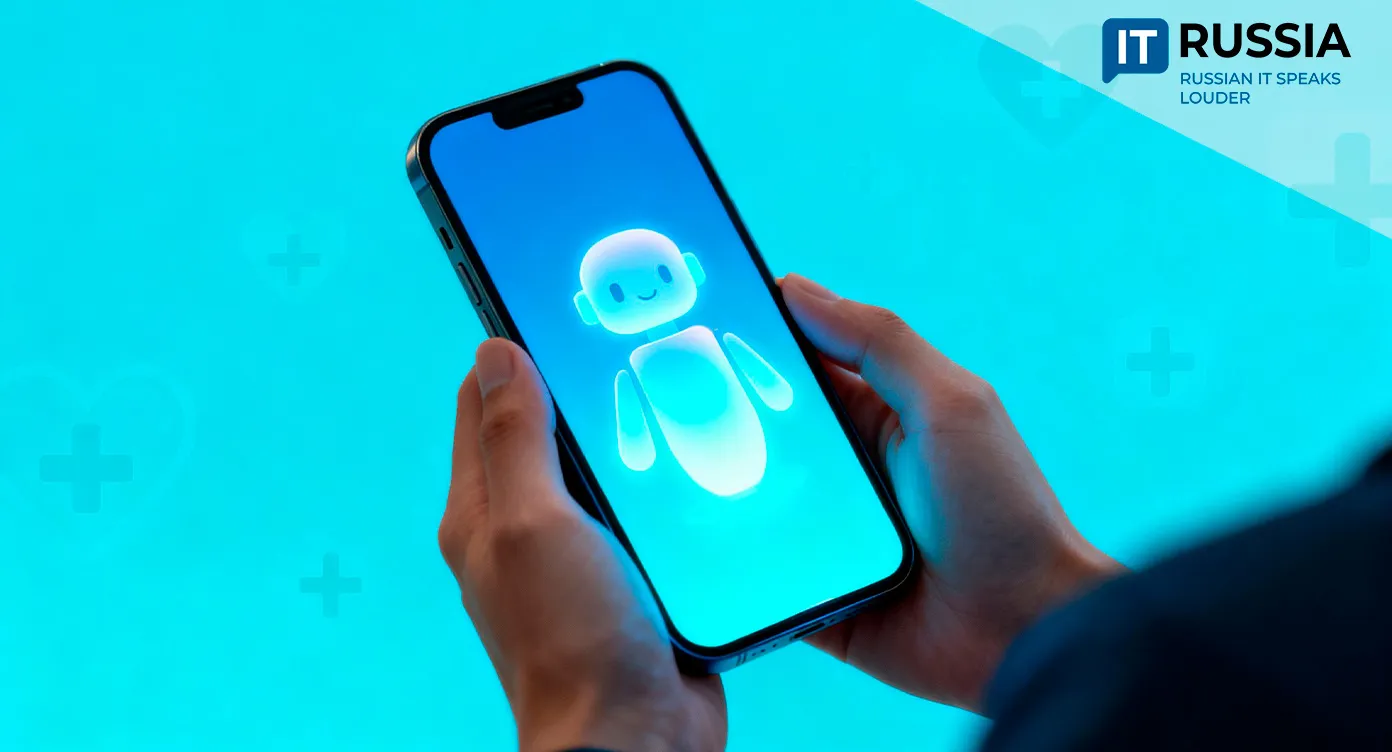Digital Parenting: 72% of Russian Parents Teach Kids Online Safety

More than 70% of parents in Russia teach their children the basics of safe online behavior, according to a recent survey by Avito and telecom operator MTS covering 10,000 respondents nationwide.
Time and Content Control
The survey found that 72% of parents teach children the basic rules of internet safety. Of these, 68% start right after the child gets their first smartphone, 27% start before purchase, and only 5% wait until after a negative incident.
On average, children spend about three hours a day on online platforms, favoring video hosting sites (40%), messengers (28%), online games (26%), and social media (25%). The average age for starting active use of digital resources is 11.
The most common rules taught are: do not share personal information (74%), avoid suspicious links (73%), do not give away account credentials (61%), do not move to external messengers during transactions (55%), do not pay in advance (50%), and use strong passwords with two-factor authentication (33%).

Parents also emphasize time control: 28% limit usage time, 21% limit both time and content, 19% limit content only, 22% let children self-regulate, and 10% impose no limits at all.
The large sample size makes the findings representative for Russia and underscores growing parental concern about children’s digital safety — as well as the importance of starting digital education early. Russia’s example could interest international education, sociology, and IT communities studying global trends in children’s online behavior.
Rising Demand for Educational Technologies
The growth of digital parenting practices is driving improvements in digital literacy. Parents are starting earlier, potentially reducing fraud and cyberthreat risks among teens. This trend also creates opportunities for parental control services — a key area for MTS, Avito, and edtech platforms. Joint initiatives could include safety modules in educational programs, and schools and local governments could integrate online safety training into curricula.
Russian projects, such as the Membrana Kids safe digital space for children launched in December 2024, could be offered to other CIS countries and markets with strong demand for family and educational technology. The platform includes call filtering, browsing history logs, and the ability to set up a child profile from the parent’s app. The research collaboration model between a telecom operator and a marketplace could also be replicated abroad.

Half of Parents Check Their Kids’ Phones
The “Digital Dictation 2024” survey revealed that the digital literacy level of Russian teenagers is below average, with the country scoring 6.65 out of 10. The lowest score was among young adults aged 18–25 (6.19).
A June 2025 nationwide survey by MTS Media found that 9 in 10 parents worry about their children’s online safety, and half check their kids’ smartphones. Yet, only 29% use digital parental control tools. Top concerns include recruitment into extremist groups (45%), involvement in illegal activities (43%), adult content (30%), excessive screen time (26%), and age-inappropriate advertising (24%).
Regional data is also telling. In Saint Petersburg, 65% of parents start teaching online safety right after buying the first smartphone, 32% start beforehand, and 3% only after a negative incident. These patterns highlight a steady shift toward proactive digital parenting, time management, and heightened awareness of cyber risks.

Prevention and Safety Awareness Programs
Early internet safety education is becoming common practice — 64% of parents start immediately after their child receives their first gadget. Training focuses on prevention: not sharing data, avoiding risky links, controlling access, and managing screen time. Such content could help shape new educational and digital products.
Experts forecast growing demand for online safety programs for elementary and middle school students, along with integration into school and municipal digital literacy courses. There’s also potential for exporting parental control services to CIS and Eastern European countries.
Future opportunities include expanding both B2C and B2B offerings. Avito and MTS could embed educational content and safety reminders into their apps. Another realistic step would be creating a themed “digital safety dictation” for children — a gamified online equivalent of personal safety training.










































